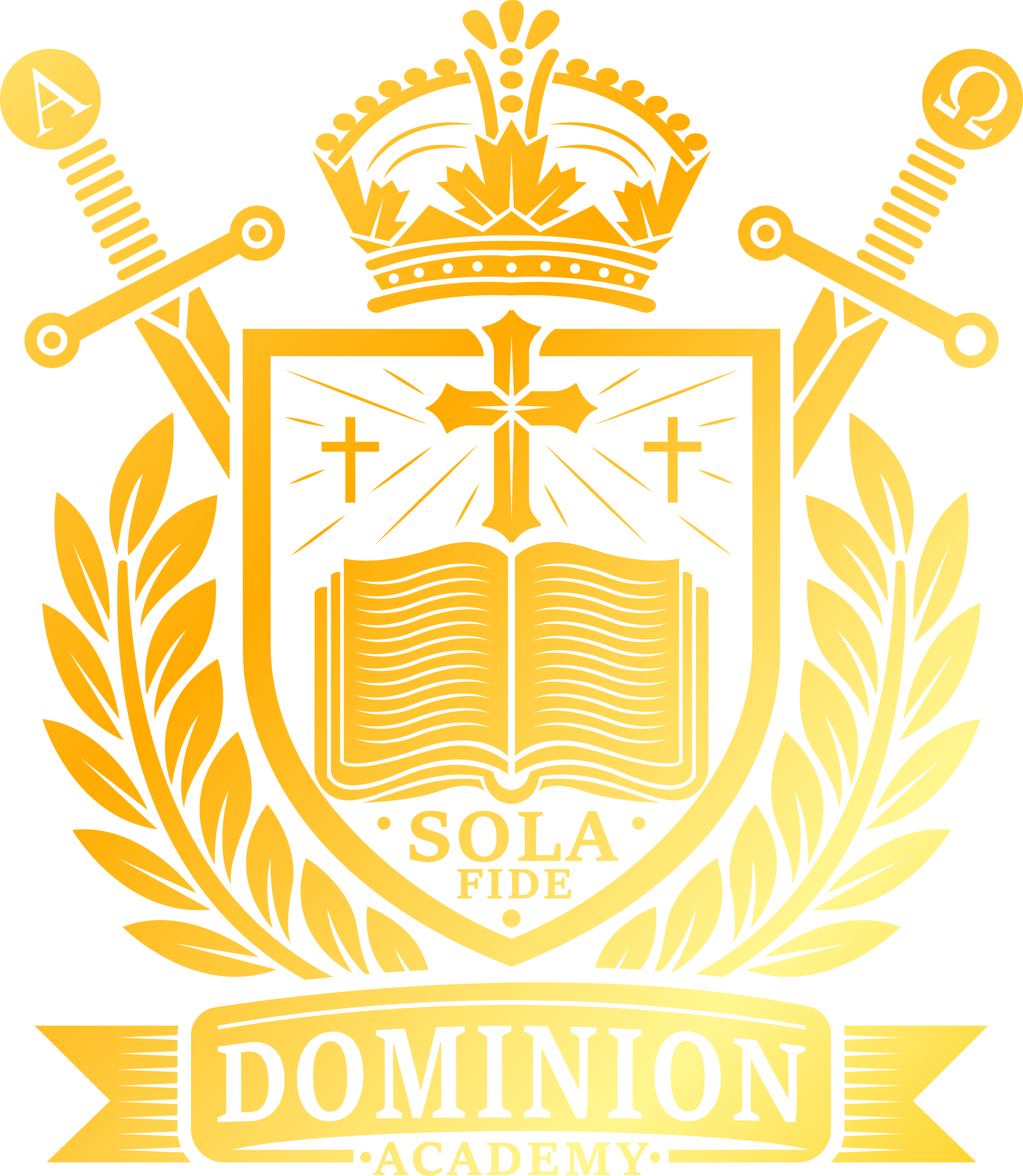What is Classical Education?
Classical education is a time-honored approach to learning that has shaped the greatest thinkers, leaders, and scholars of the Western world for centuries.
Unlike modern education, which often prioritizes efficiency and trends, classical education focuses on wisdom, virtue, and intellectual formation.
The Trivium: Learning in Three Stages
We follow the Trivium model, where students first build knowledge (K–4), then develop critical thinking (5–8), and finally learn to communicate persuasively (9–12). This progression fosters wisdom, logic, and strong reasoning skills.
A Classroom Rooted in Tradition & Deep Thought
Students learn in teacher-led classrooms, studying the greatest works of literature, philosophy, history, and science—timeless texts that shape virtue, wisdom, and truth.
Free from pop culture distractions and smart technology, our environment fosters focused learning, meaningful discussions, and intellectual growth.
Socratic Discussion & The Art of Thinking
An approach where teachers guide students by asking thoughtful, probing questions.
💡 Why is justice important?
💡 What does it mean to live a virtuous life?
💡 How do we define beauty?
The Quadrivium: Advanced Scientific Arts
Building on the foundation of the Trivium, the Quadrivium introduces students to the four mathematical and scientific disciplines:
🎵 Music – Understanding patterns, harmony, and structure in sound.
➗ Arithmetic – Mastering numbers and logical reasoning.
📐 Geometry – Studying space, form, and relationships.
🌌 Astronomy – Exploring the order of the cosmos and God’s creation.
These subjects deepen students’ understanding of logic, order, and beauty, reinforcing the interconnectedness of knowledge.
A Return to True Education
Classical education is not just about academics—it’s about formation. It seeks to cultivate students who are:
✔️ Virtuous – Grounded in faith, wisdom, and character.
✔️ Knowledgeable – Well-versed in the great ideas of history.
✔️ Independent Thinkers – Able to reason, discern, and articulate their beliefs with confidence.
In an age of fleeting trends, we believe that truth is timeless. By restoring a classical Christian education, we prepare students not just for tests, but for life, leadership, and eternity.
Further Reading
For those interested in diving deeper into classical education, here are some excellent resources:
📖 The Lost Tools of Learning – Dorothy Sayers
📖 What is Classical Education? – Classical Academic Press
📖 The Elements of Classical Education – Society for Classical Learning
📖 Classical Education 101 – The Classical Academy
📖 Renaissance Humanists, Classical Education & Citizenship – Circe Institute
📖 Charlotte Mason’s Approach – Ambleside Online

